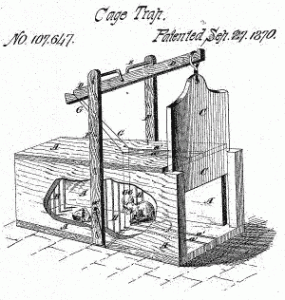Ord Om ordet
Den hl Bartolomeus
During difficult times, the chosen people kept courage up by repeating the hope of seeing each Israelite settled ‘under his vine and under his figtree’ (e.g. Micah 4:4). The posture in which Jesus found Bartholomew (whose Hebrew name, cited in the Gospel, was Nathanael) showed him to be a son of the promise.
What attracted Christ’s gaze, however, was not inherited privilege but Bartholomew’s purity of heart. In the lectionary, he is described as being without deceit. The Greek word is δόλος. Permit me to spend a moment considering it. In Greek, its root sense is ‘a bait’; for Homer, a δόλος could be made of wood and constitute ‘a mousetrap’.
This image is suggestive insofar as Bartholomew stands before us as a man without ulterior motives, without violent designs, a peaceful and whole man. This is what makes him apt to see, and later to proclaim, that the Body of Christ is henceforth a ladder permitting humankind to ascend from corruption to immortality.
It is a tragic paradox that the name of Saint Bartholomew is indissolubly linked to the massacre orchestrated in Paris on St Bartholomew’s Day in 1572. That day a trap was set, in the name of the Church, for the Huguenots of Paris. As God said to Cain: sin is ever couching at the door, its desire being for us (cf. Genesis 4:7).
It isn’t, then, a waste of time and energy to ask ourselves: am I a man, a woman, without deceit? Do I think of the Church as a mousetrap or as a ladder?
In the collect we asked for wholehearted faith. May wholeheartedness mark our lives and conform them to the life of Christ who is not only the Way, the Truth, and the Life, but our only true Peace. Amen.

Illustration from Ms Mary Bellis’s History of the Mousetrap.
